The new rendition of "Karar oi louho kopat" in Pippa is a sincere artistic interpretation and done after securing necessary adaptation rights, the film's team said on Monday, days after AR Rahman's version of the beloved Kazi Nazrul Islam poem attracted controversy for its alleged "distortion".
The poet's grandson and painter Kazi Anirban claimed that the family had given the makers permission to use the song but not to change the tunes and rhythm.
In a statement, the team behind Pippa, produced by RSVP and Roy Kapur Films, said they have "deep respect" for the original composition, Islam, and his immeasurable contribution to the "musical, political and social landscape of the Indian subcontinent". The album, they said, was created as a tribute to those behind the liberation of Bangladesh.
"In light of the current discourse surrounding the song 'Karar Oi Louho Kopat' the producers, director, and music composer of the film Pippa wish to clarify that our rendition of the song is a sincere artistic interpretation, embarked upon only after securing the necessary adaptation rights from the estate of the Late Mr. Kazi Nazrul Islam," the statement read.
The film, starring Ishaan Khatter and Mrunal Thakur, is set during the 1971 India-Pakistan war and is directed by Raja Krishna Menon.
"We approached the making of this song by faithfully following both the letter and the spirit of the license agreement for the lyrics, as duly signed with Late Mrs. Kalyani Kazi and witnessed by Mr. Anirban Kazi. Our intent was to pay homage to the cultural significance of the song while adhering to the terms set forth in our agreement, which permitted us to use the lyrics with a new composition," it added. Islam, popularly known as the 'rebel poet', was born in 1899 in present-day West Bengal's Paschim Bardhaman district. His songs, known as 'Nazrul geeti', are probably second in terms of popularity after those of Rabindranath Tagore in Bengal. He later became the national poet of Bangladesh. Islam died in 1976.
The makers said while all art is subjective, they apologise if their version hurt the sentiments.
"We understand the emotional attachment that audiences may have to the original composition, and while all art is inherently subjective, if our interpretation has hurt sentiments or caused unintended distress, we offer our sincere apologies,".
The poem's new iteration by Rahman has angered not just the family of the poet but also the artistic community in West Bengal and Bangladesh.
Islam's grandson Kazi Anirban, granddaughter Anindita Kazi, popular Bengali singer Haimanti Shukla, and Khilkhil Kazi, another granddaughter of the poet living in Bangladesh, have slammed the filmmakers for "distorting" the poet's creation, which they say is outrageous.
The song was first published in 'Banglar Katha' (Stories of Bengal) magazine in 1922 and included in Islam's book of poems 'Bhangar Gaan' (Songs of breaking free). It was first recorded in 1949 by a famous label and then in 1952 by another record label.
Rahman is yet to comment on the issue.






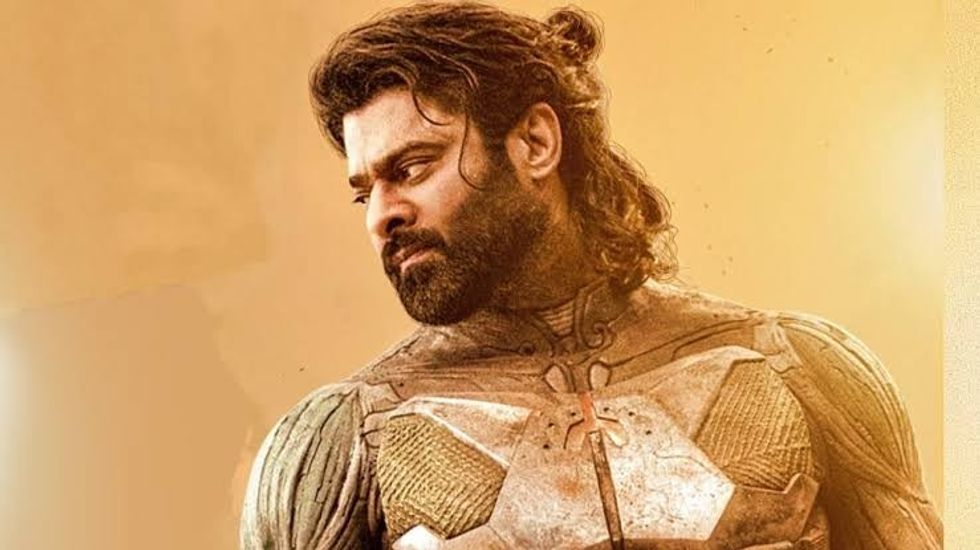 Prabhas in a still from Kalki 2898 AD which completed one yeargetty images
Prabhas in a still from Kalki 2898 AD which completed one yeargetty images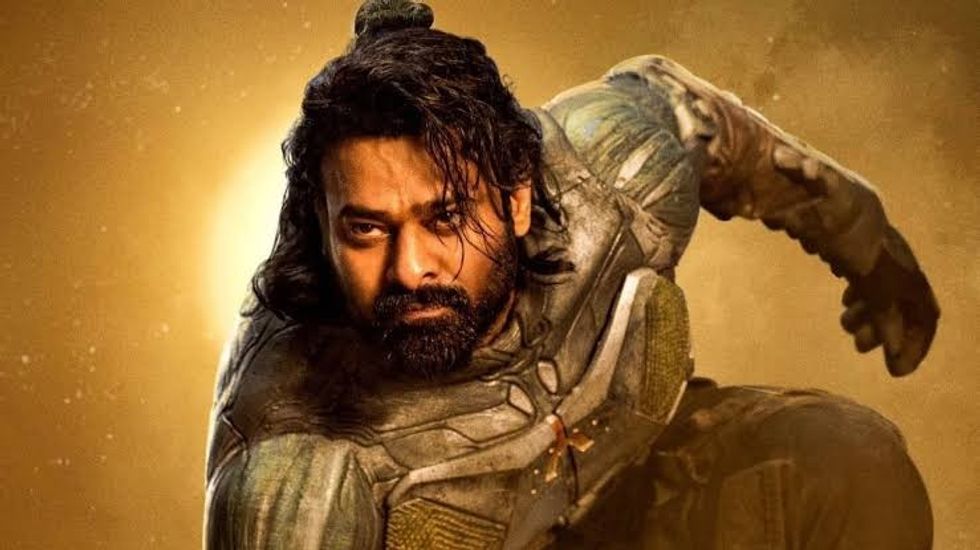 Kalki 2898 AD became one of the top three biggest openers in Indian cinemagetty images
Kalki 2898 AD became one of the top three biggest openers in Indian cinemagetty images Kalki 2898 AD brought together sci-fi and mythology in a first-of-its-kind Indian filmgetty images
Kalki 2898 AD brought together sci-fi and mythology in a first-of-its-kind Indian filmgetty images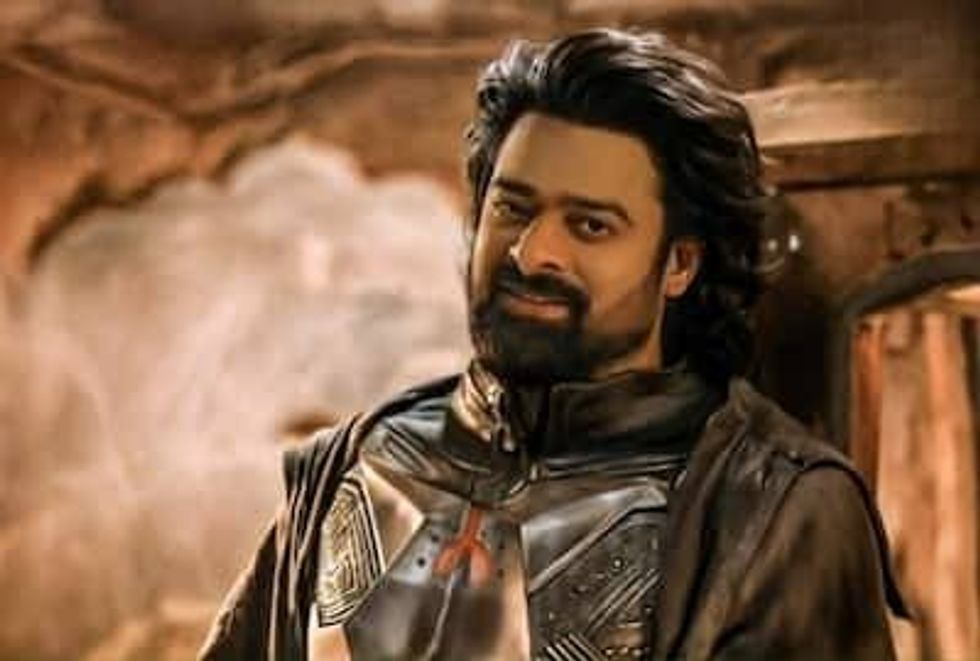 Prabhas plays the futuristic warrior Bhairava in Kalki 2898 AD getty images
Prabhas plays the futuristic warrior Bhairava in Kalki 2898 AD getty images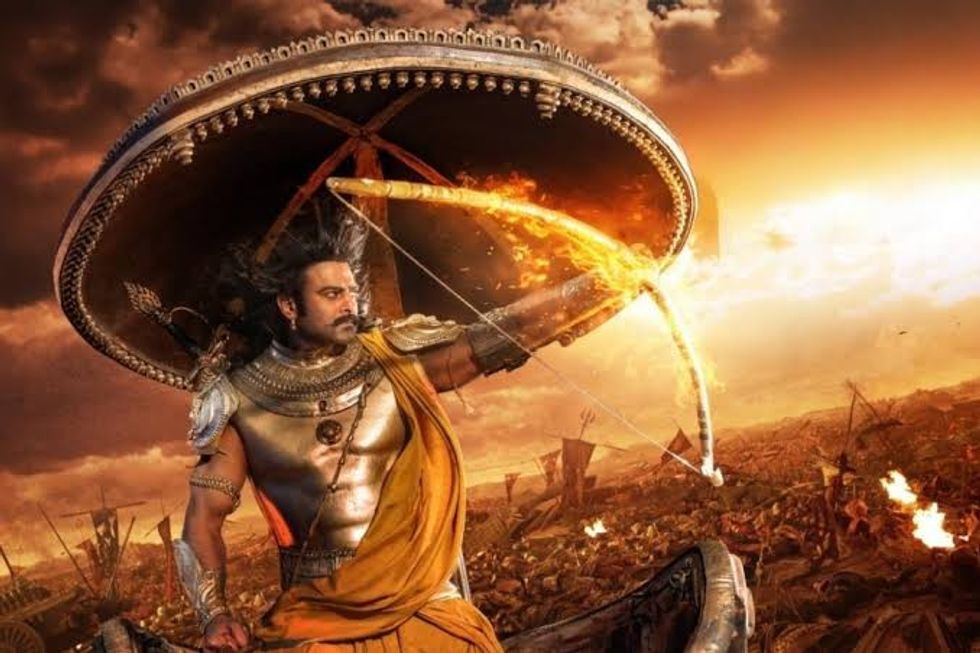 Prabhas in action during a high-intensity sequence from Kalki 2898 ADgetty images
Prabhas in action during a high-intensity sequence from Kalki 2898 ADgetty images








 Anusha Mani
Anusha Mani
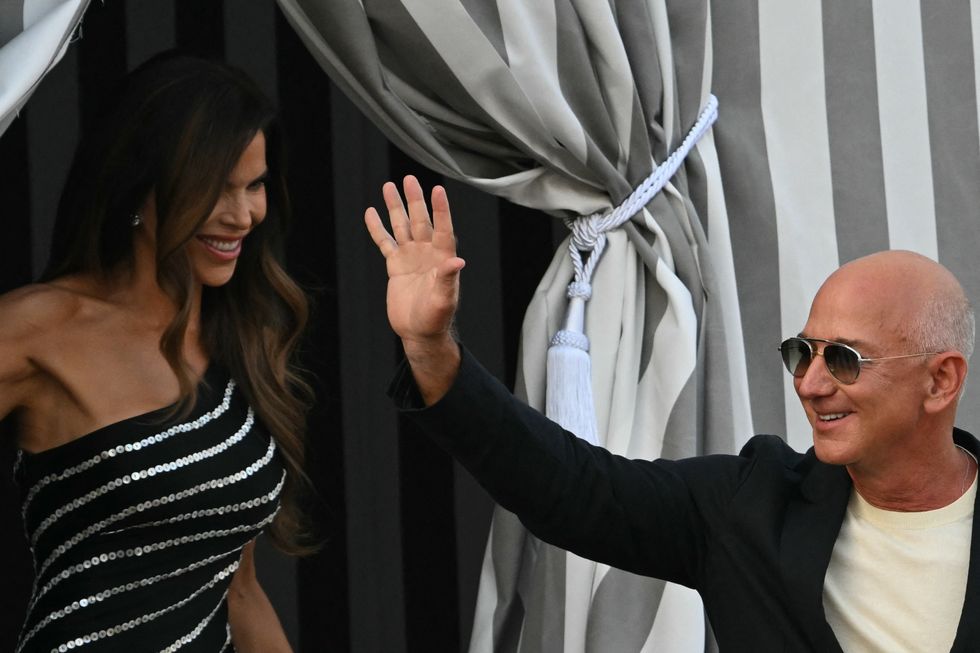 Lauren Sanchez and Jeff Bezos leave the Aman Hotel in Venice ahead of their wedding Getty Images
Lauren Sanchez and Jeff Bezos leave the Aman Hotel in Venice ahead of their wedding Getty Images 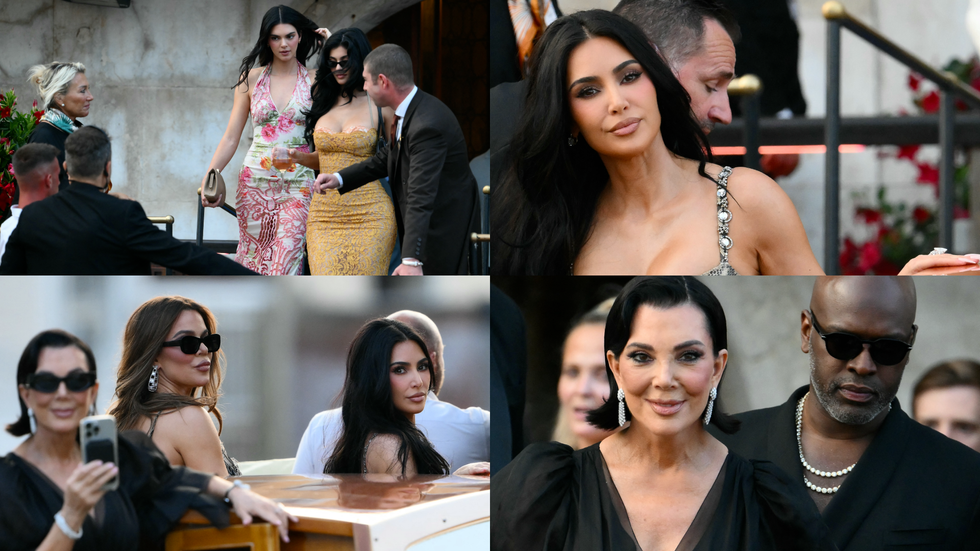 Kardashians seen boarding a boat ahead of the evening celebrations in VeniceGetty Images
Kardashians seen boarding a boat ahead of the evening celebrations in VeniceGetty Images  Oprah Winfrey wave to fans while heading to the welcome event Getty Images
Oprah Winfrey wave to fans while heading to the welcome event Getty Images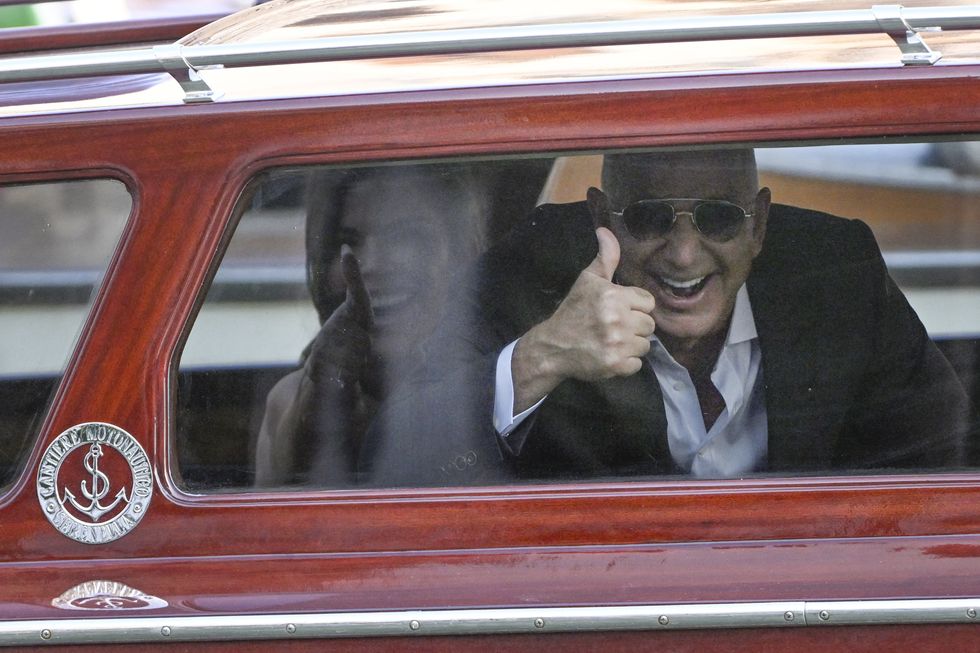 Jeff Bezos and Lauren Sanchez gesture in direction of Bezos' lookalike from the taxi boatGetty Images
Jeff Bezos and Lauren Sanchez gesture in direction of Bezos' lookalike from the taxi boatGetty Images
 Brad Pitt at the F1 premiere in London before the burglary was reported Getty Images
Brad Pitt at the F1 premiere in London before the burglary was reported Getty Images  Brad Pitt walks in the Paddock after qualifying ahead of the F1 Grand PrixGetty Images
Brad Pitt walks in the Paddock after qualifying ahead of the F1 Grand PrixGetty Images  Brad Pitt attends the "Wolfs" red carpet during the 81st Venice International Film Festival Getty Images
Brad Pitt attends the "Wolfs" red carpet during the 81st Venice International Film Festival Getty Images
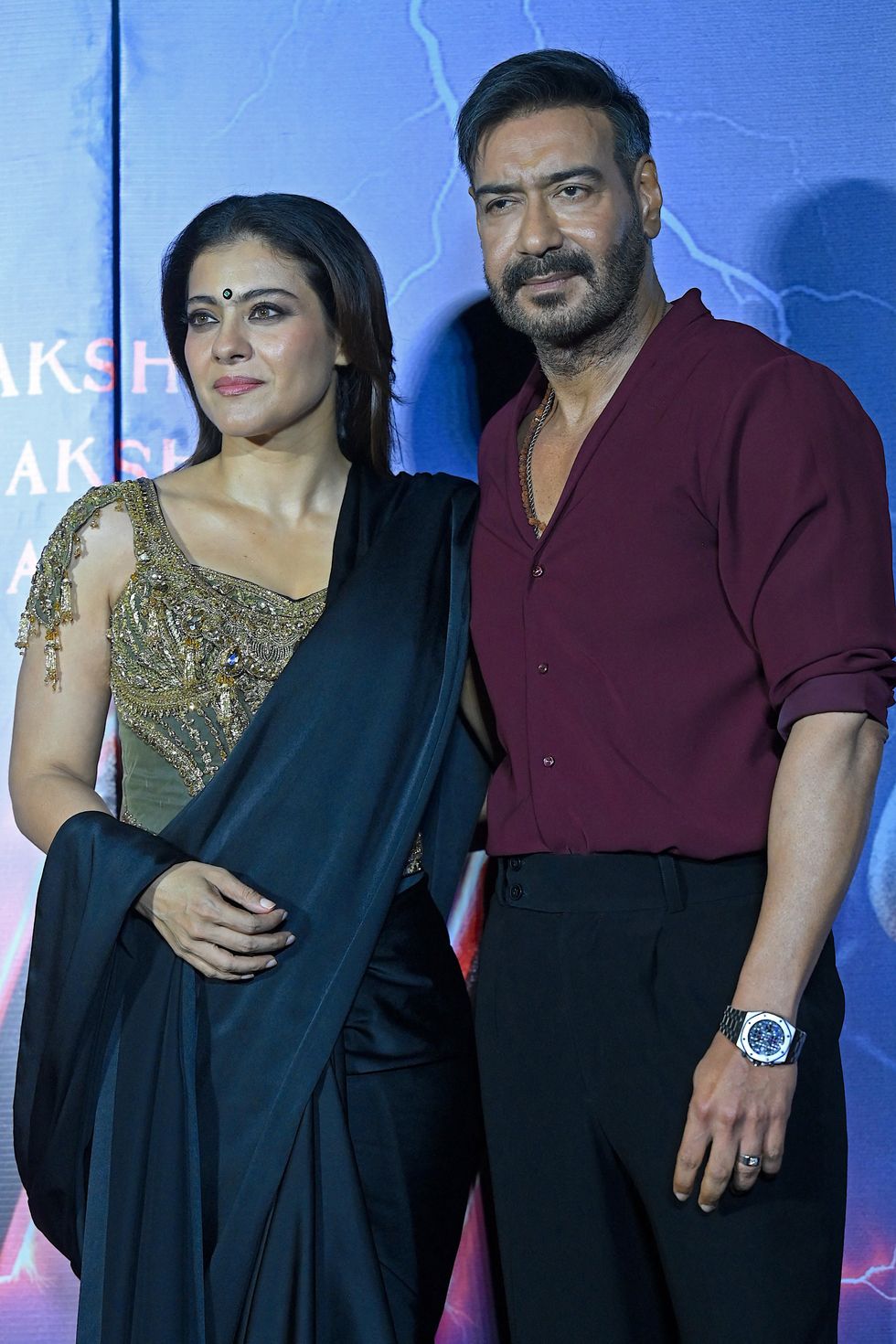 Kajol shares her take on marriage in a new interview Getty Images
Kajol shares her take on marriage in a new interview Getty Images 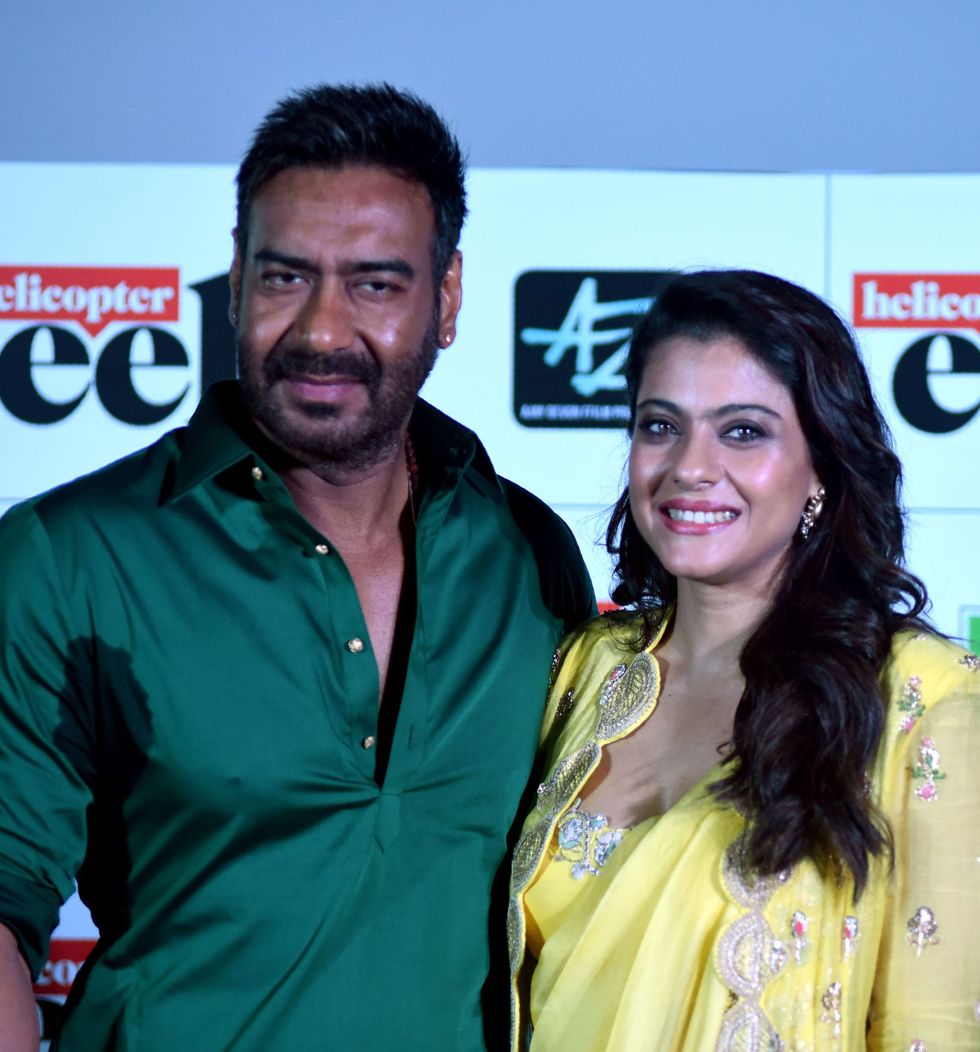 Kajol says they skip date nights and focus on family timeGetty Images
Kajol says they skip date nights and focus on family timeGetty Images